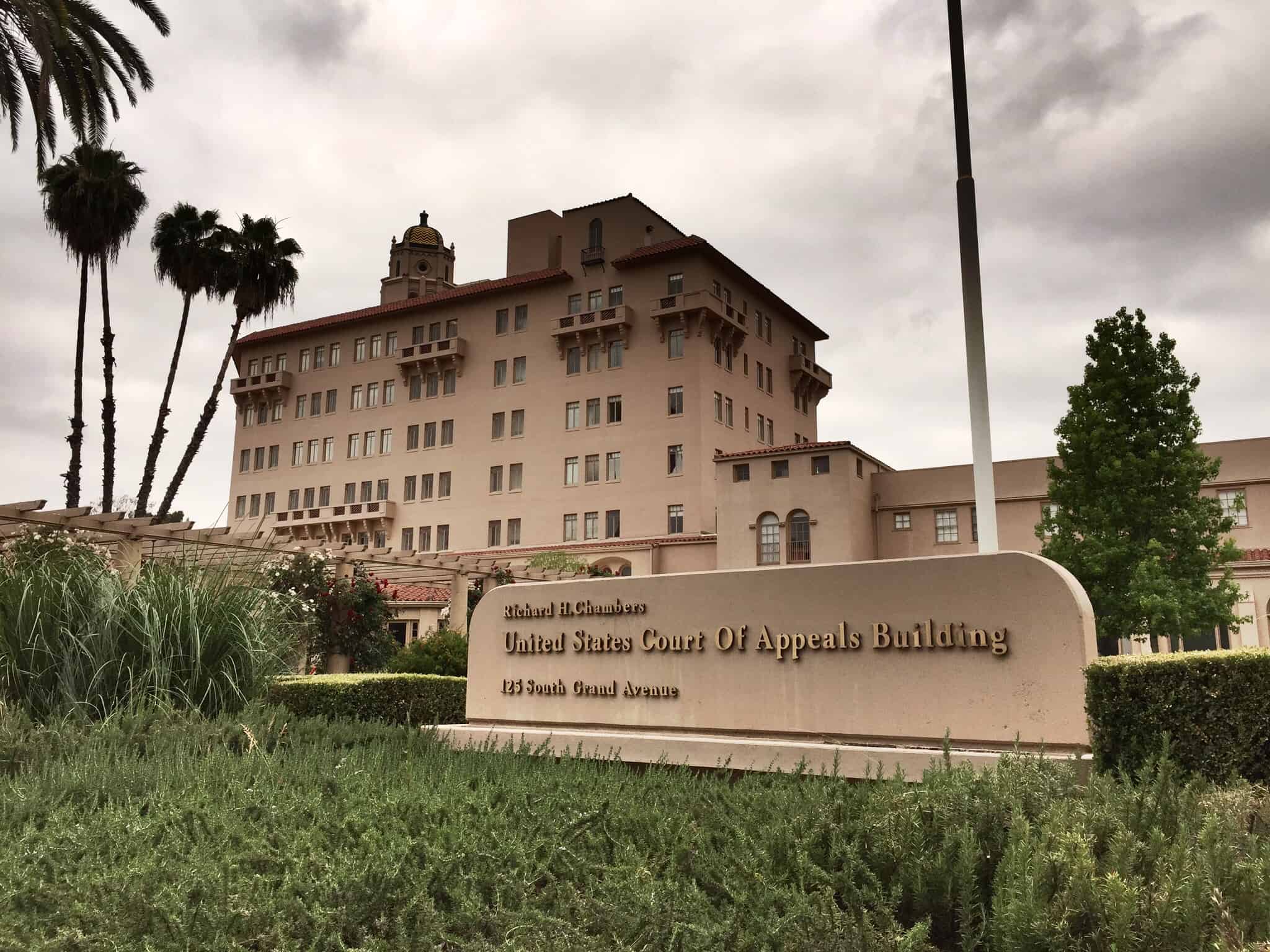William Greenlaw is a student at Harvard Law School.
After years of appointees with narrower views of the scope of workers’ rights during the Trump Administration, President Biden has begun to reverse that course. Judge Jennifer Sung, a former union-side labor lawyer and Oregon state labor board member, is now President Biden’s second successful nomination to the Ninth Circuit Court of Appeals. An alumna of Altshuler Berzon, Judge Sung was also a former organizer with two Service Employees International Union locals, in addition to graduating from Yale Law School. Her confirmation vote was close, with a 10-10 vote in committee with no Republican support. Judge Sung won a 50-49 margin in wider Senate voting process with a tie breaking vote from Vice President Kamala Harris. Craig Becker, the General Counsel of the AFL-CIO, said of the appointment, “We don’t have a lot of labor lawyers on the federal bench and it’s important to have judges with deep labor law experience who’ve represented working people.”
Among months of reckoning in the video game industry over harassment and workers’ rights at titans such as Activision Blizzard, a small indie-game developer became the first in the nation to unionize. Vodeo Games, a studio of 13 completely remote workers in the United States and Canada, won voluntary recognition from their employer yesterday. Vodeo’s management was supportive in a statement on recognition, “We are a small, young company and I constantly encourage my coworkers to speak up and tell us how we can do better. . . . So when they approached me and told me they were forming Vodeo Workers United, it was a no-brainer to step back and proudly watch them do what no other game company in North America has.” With voluntary recognition, no vote interaction from the National Labor Relations Board is necessary. The union, called Vodeo Workers United, can begin negotiating its contract right away.
Raytheon Technologies, the defense contractor, and other aerospace manufacturers are facing an antitrust lawsuit by former employees for unlawful anti-poaching practices. One of the employee class-action claims alleges the scheme “operated for nearly a decade,” and was “an ideal tool to suppress their employees’ compensation that was simple to implement and easy to enforce.” The unlawful agreement allegedly “was made and enforced privately, confidentially, and at the highest levels of the organizations,” kept in secret until a DOJ investigation revealed its existence. A spokesman from one of Raytheon’s co-defendants said that it “intends to vigorously defend against these allegations.” The allegations are thick, purporting that the scheme involved “‘interwoven and overlapping hiring and recruiting restrictions’ aimed at reducing employee mobility, leverage, and ultimately compensation.”






Daily News & Commentary
Start your day with our roundup of the latest labor developments. See all
July 15
The Department of Labor announces new guidance around Occupational Safety and Health Administration penalty and debt collection procedures; a Cornell University graduate student challenges graduate student employee-status under the National Labor Relations Act; the Supreme Court clears the way for the Trump administration to move forward with a significant staff reduction at the Department of Education.
July 14
More circuits weigh in on two-step certification; Uber challengers Seattle deactivation ordinance.
July 13
APWU and USPS ratify a new contract, ICE barred from racial profiling in Los Angeles, and the fight continues over the dismantling of NIOSH
July 11
Regional director orders election without Board quorum; 9th Circuit pauses injunction on Executive Order; Driverless car legislation in Massachusetts
July 10
Wisconsin Supreme Court holds UW Health nurses are not covered by Wisconsin’s Labor Peace Act; a district judge denies the request to stay an injunction pending appeal; the NFLPA appeals an arbitration decision.
July 9
the Supreme Court allows Trump to proceed with mass firings; Secretary of Agriculture suggests Medicaid recipients replace deported migrant farmworkers; DHS ends TPS for Nicaragua and Honduras